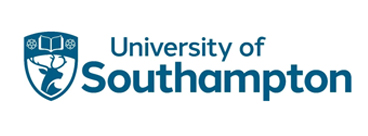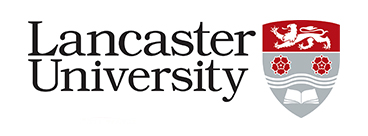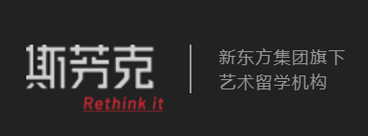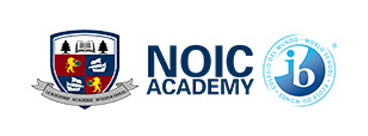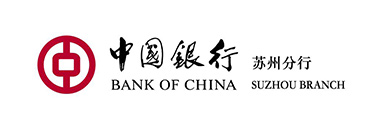Q2:看完今年的QS世界排名,有哪些让你印象深刻的地方?
Does any particular part of the QS 2025 rankings stand out to you?
A:就总体而言,让我感到奇怪是既然学校的声誉占据指标的45%,像耶鲁大学和普林斯顿大学这样的学校排名却在20名左右,我无法想象这两所学校在声誉方面会有所欠缺。
因此,仔细观察后发现,它们似乎在国际指标中丢分了(指国际教员占比、国际学生占比、以及国际研究网络),而国际类别的指标占总体排名指标的15%。QS世界排名前20的许多其他大学在国际学生和国际教员比例上明显更高,这也是影响排名变动的关键因素之一。
此外,以耶鲁大学为例,其研究得分(由QS通过每名教职工引用率来衡量)为38.6分(满分100分),这似乎低得令人难以置信,因为耶鲁大学被美国大学协会列为 “研究活动非常活跃 ”的学校。
或许对于耶鲁和其他类似情况的学校,通过不同的指标或综合各方面因素的指标来衡量研究活动,会比仅仅使用单位教员引用率更能代表它们的研究实力。
Not necessarily the 2025 rankings specifically, but overall, since we know reputation makes up 45% of a school’s ranking, it’s curious to me that, for example, Yale and Princeton rank in the 20’s. I can’t imagine that these two schools lack in reputation so, upon taking a closer look, it seems they’re losing points in the international categories that together make up 15% of the rankings. As many of the other universities in the top 20 of the QS rankings have significantly higher international student ratios and international faculty ratios, it seems the global-focused approach that QS takes does shake up the rankings from what they might otherwise be. On top of that, in Yale’s case, its research score, measured by QS using citations per faculty, is 38.6 out of 100, which seems incredibly low given that Yale is classified as having “very high research activity” by the Association of American Universities. Perhaps Yale and other schools in similar situations might be better represented by a different proxy or a combination of proxies for research activity than citations per faculty. 。联系我们










